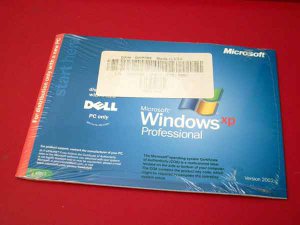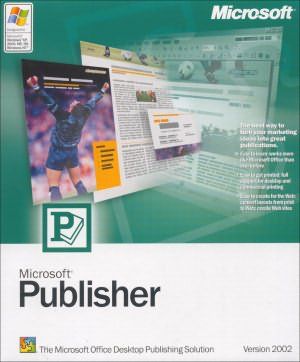

Note: I usually use plus a GUID as Sign-On/Redirect ULR/URI.

When you have completed all the prerequisites, You can learn more about the types of applications IdentifierUris when using Native application type, which is the This is because you can’t add the required values to the property Youĭon’t have to enable HMA for this step, you can stop after verifying yourĪpplications in AD. Modern Authentication overview and prerequisites for using it with on-premisesĪll your on-premises namespaces to your Exchange ServicePrincipal in your tenant. Meet before you make OAuth available without having HMA enabled:ĭeployment (you can read more on Paul’s post here) There are some essential requirements you must In this this post, I will be predominantly focusing on how to make OAuth authentication without enabling Hybrid Modern Authentication. Terms of authentication as you have the same as in EXOĪpplication development due to different authentication Users the option to use this authentication for the following reasons: On the other hand, you may want to give your The main reason here is that there are vendors, which can’t perform HMA, therefore meaning they would be locked out. Note: When you have Skype for Business deployed, you need to be careful and double-check for your clients. Rewritten to perform HMA, which is time consuming I’m currently going through this challenge inĪ larger environment, here are a few examples of the issues I have encountered:

Know all your clients and often, you need to prioritize resolving any issuesĪssociated with this before you’re able to turn on HMA. Currently this is hard to achieve and not (yet) supported to turn off completely. With this you are now able to use Azure AD issued tokens to authenticate your Exchange servers on-premises, this is a step in the right direction to eliminate any weak legacy authentication methods. The Exchange Team announced in this blog post a while ago they are offering support for Hybrid Modern Authentication ( HMA) for Exchange On-Premises, this includes a new set of updates for Exchange 2013 (CU19) and 2016 (CU8).


 0 kommentar(er)
0 kommentar(er)
